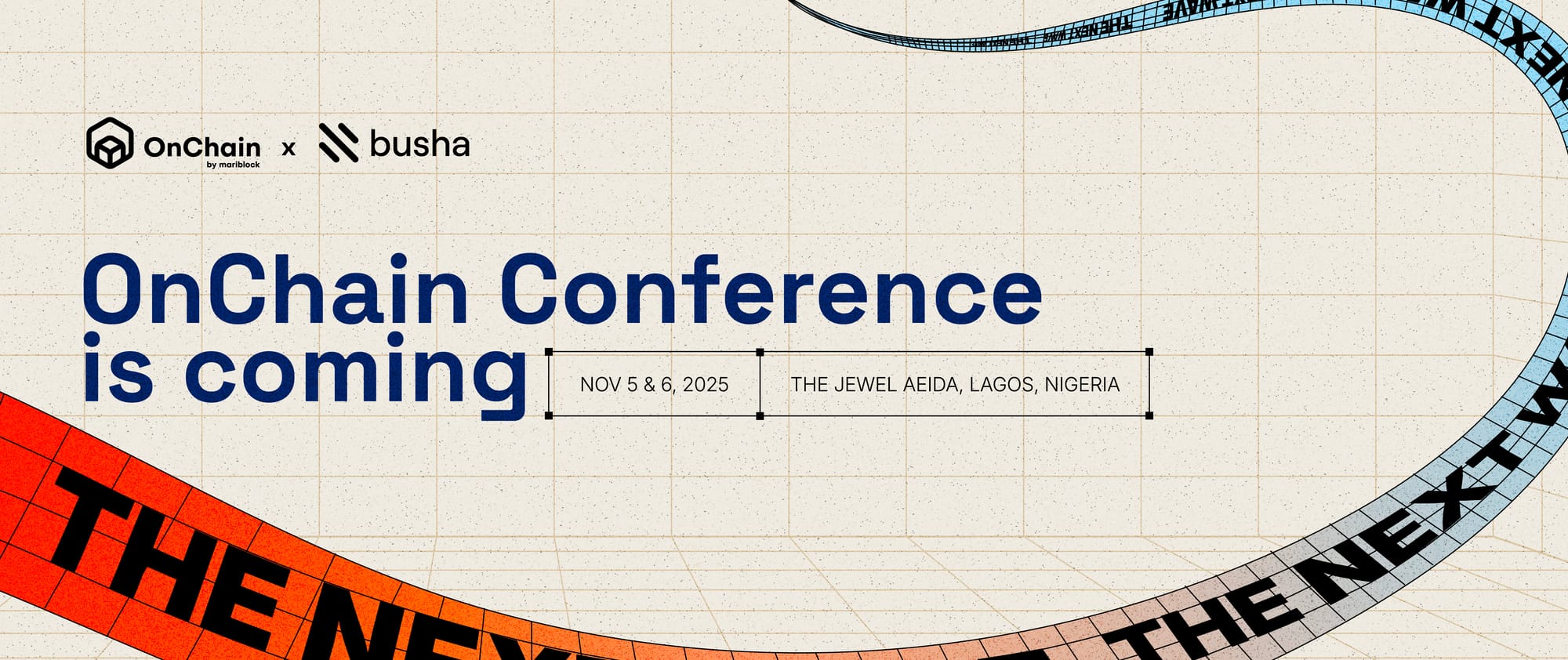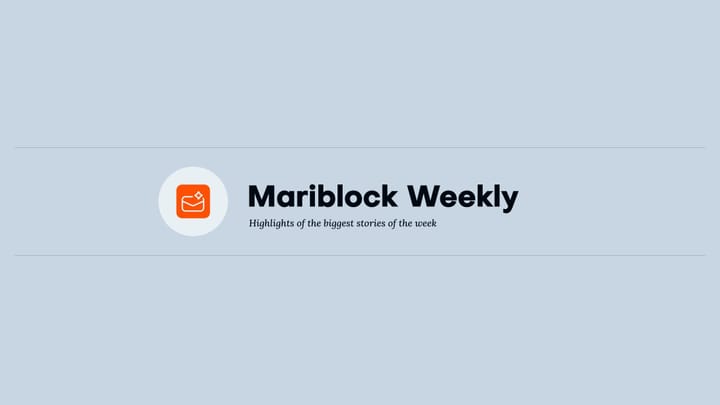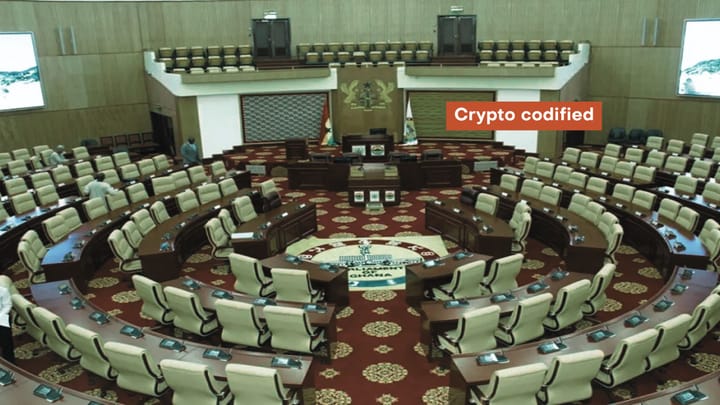SWIFT partners with global and African banks on blockchain-based shared ledger
The network also wants its system to be compatible with more modern digital finance rails such as stablecoins
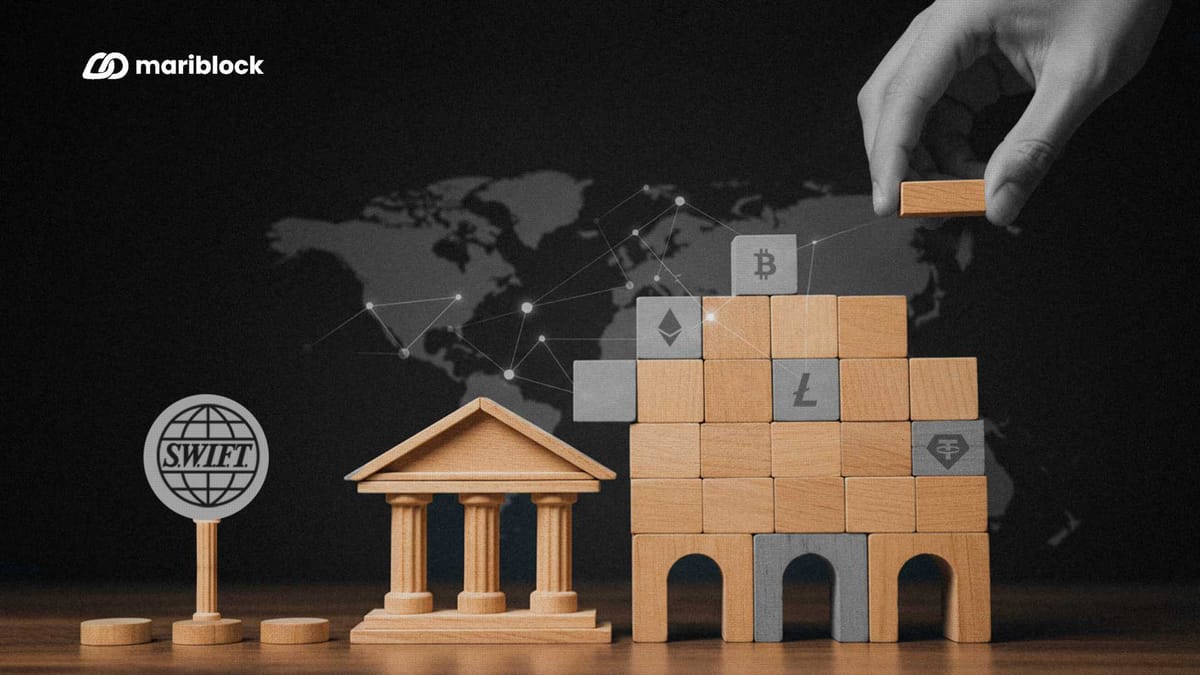
The Society for Worldwide Interbank Financial Telecommunication (SWIFT), the global financial messaging network, is exploring a blockchain-based shared ledger to modernize its operations.
More than 30 banks across the world, including several in Africa, are collaborating with SWIFT on the system, which aims to streamline and speed up settlement processes.
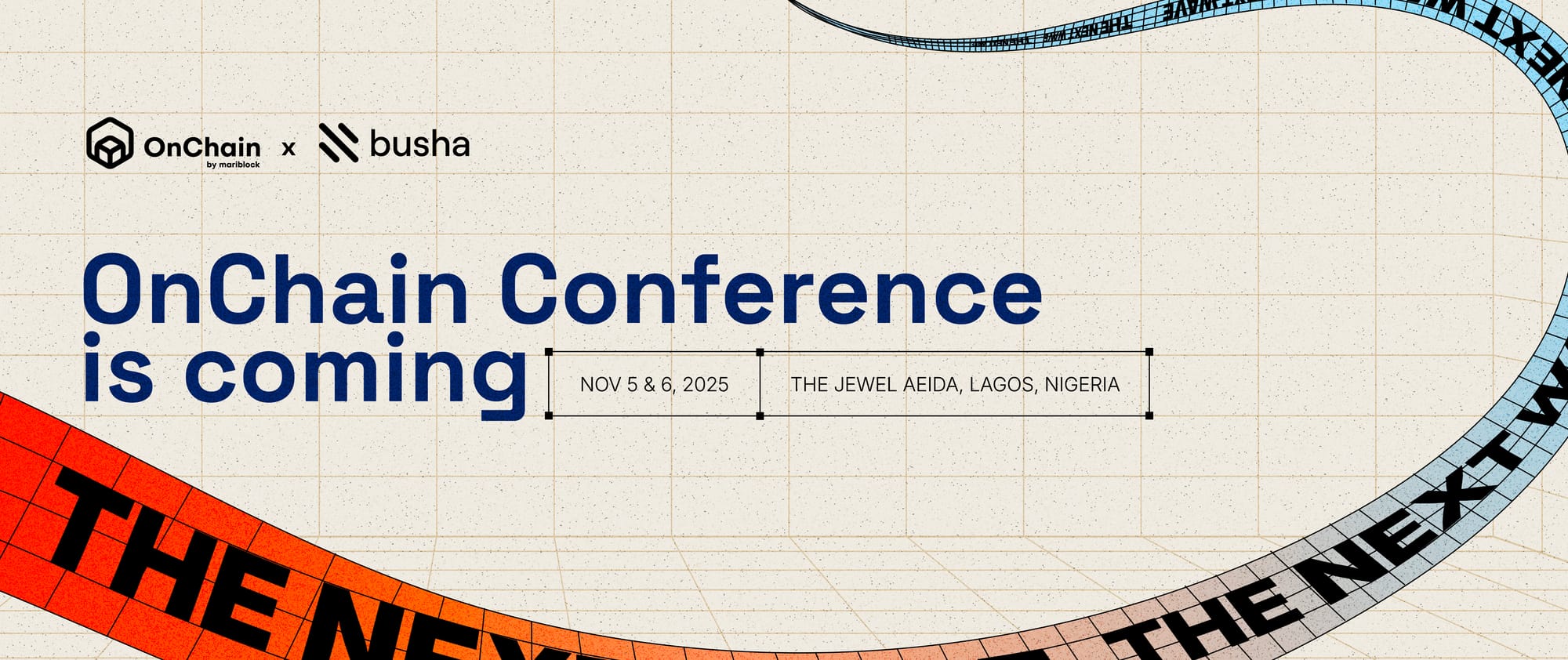
The details
- SWIFT’s first goal is to enable real-time settlement of cross-border transactions — an upgrade from its current system, where payments typically take one to four days to clear.
- In addition, it is also working to build on ongoing pilot projects to make its infrastructure compatible with digital assets such as stablecoins, tokenized bank deposits and central bank digital currencies.
Be Smart: SWIFT
SWIFT is a member-owned global financial messaging platform that banks and financial institutions across the world use to power international money transfers. These institutions use the platform to share information such as payment instructions between one another.
Individuals and businesses can send money to other countries via SWIFT even if the recipient does not use the same bank as they do. Instead, payment instructions are sent to the receiving bank via SWIFT to credit the recipient’s account.
Currently, SWIFT consists of more than 11,500 member financial institutions, most of whom are banks, across 200 countries.
- Around 30 banks, including JPMorgan, HSBC, Deutsche Bank and others in the Middle East and Africa, are working directly with SWIFT to launch the digital ledger.
- Although there is no set date for the rollout, SWIFT said it is working “at pace” to incorporate the updated system.
Key quote
- SWIFT said it is envisaged that the shared digital ledger — a secure real-time log of transactions between banks — would “record, sequence and validate transactions and enforce rules through smart contracts.”
Why this matters
- Cross-border transactions, especially in and into Africa, are traditionally slow and expensive. It cost an average 8.45% fee to send money into Sub-Saharan Africa in the third quarter of 2024.
- It is even more expensive to send money between two African countries, with the IMF putting transaction fees for money sent from Tanzania to neighboring Uganda or Kenya as high as 30%.
- These expensive fees have been attributed to the several middlemen involved, a factor that also contributes to the slow speed at which these transactions are settled.
- A blockchain system allows financial institutions to relate in a peer-to-peer manner, eliminating several hoops and speeding up settlement times.
Zoom out
- SWIFT is the latest traditional finance organization to adopt blockchain technology this year.
- Mariblock reported in July that large traditional cross-border payments firm Western Union announced that it was testing stablecoin-based cross-border payment solutions in Africa.
- Earlier in the year, global financial services firm Stripe announced the launch of a system to allow businesses to send money across borders faster and cheaper via stablecoin rails.
